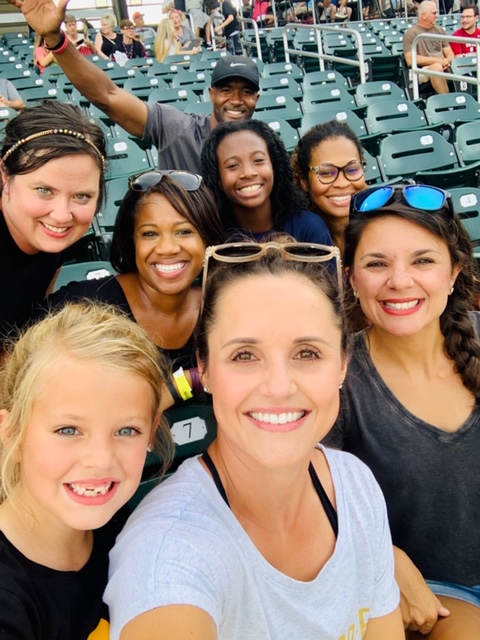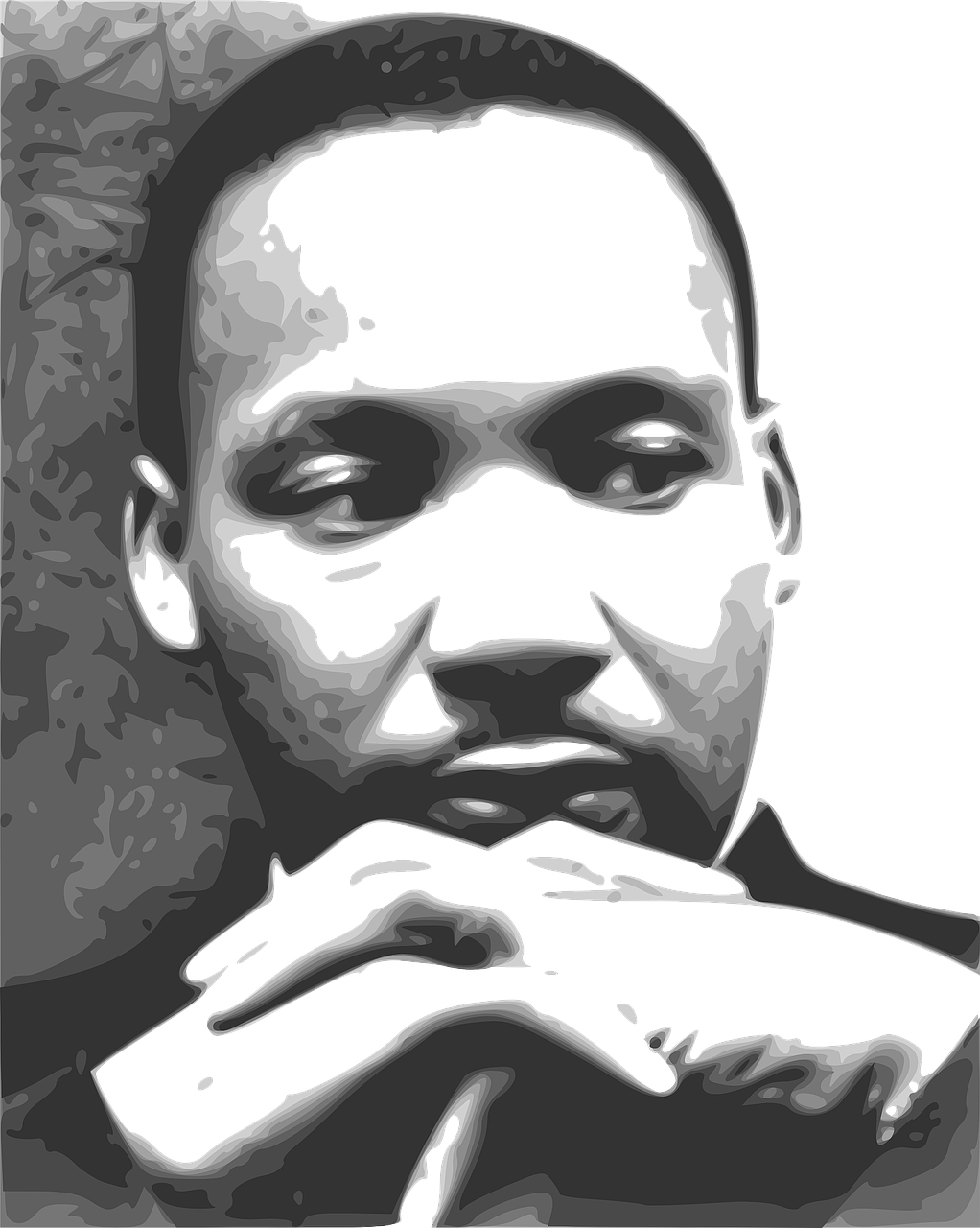Today, Monday, January 21, 2020, we honor and celebrate the life and legacy of the late Reverend Dr. Martin Luther King, Jr – a man who, along with other civil rights heroes, shouldered the weight of the fight for racial injustice and equality for black people in America; a man who championed love over hatred, freedom over oppression, and peace over violence; and a man whose life was brutally stolen when he was assassinated at the Lorraine Motel at the tender age of 39.
His words so eloquently spoken some 55+ years ago ring as true today as they did on August 28, 1963 when he delivered his famous and widely quoted “I Have a Dream Speech” at the March on Washington.
Here are excerpts from that speech that reflect the same reality in present day eerily like the life of the Negro in the 1950s and 1960s:
Discrimination and poverty still exist for people of color
“But one hundred years later, the Negro is still not free. One hundred years later, the life of the Negro is still badly crippled by the manacles of segregation and the chains of discrimination. One hundred years later, the Negro lives on a lonely island of poverty in the midst of a vast ocean of material prosperity. One hundred years later, the Negro is still languished in the corners of American society and finds himself in exile in his own land.”
- According to Poverty USA, 20.8% of African Americans live in poverty compared to 10.1% of Whites in 2018.
- 2018 data from the United States Census Bureau establishes more of the same – the median household income for non-Hispanic Whites is $70,642 while the median household income for Blacks is $41,361 and the percentage of Blacks living in poverty is double that for Whites.
“We can never be satisfied as long as the Negro is the victim of the unspeakable horrors of police brutality. We can never be satisfied as long as our bodies, heavy with the fatigue of travel, cannot gain lodging in the motels of the highways and the hotels of the cities. We cannot be satisfied as long as the Negro’s basic mobility is from a smaller ghetto to a larger one. We can never be satisfied as long as our children are stripped of their selfhood and robbed of their dignity …”
- A study entitled “Risk of being killed by police use of force in the United States by age, race-ethnicity, and sex” written by Frank Edwards, Hedwig Lee, and Michael Esposito published in the August 2019 journal of the Proceedings of the National Academies of Sciences found that black men face a 1 in 1000 chance of being killed by the police over a lifetime. Said differently, the lifetime risk of being killed by police is 96 per 100,000 for black boys and men (the highest risk) and 39 per 100,000 for white boys and men.
- The school-to-prison pipeline refers to policies and procedures that disproportionately criminalize black and brown youth and facilitate their exit from the school system and their entry into the juvenile justice and prison systems, polices like zero tolerance; 3-strike rules; use of law enforcement in the schools, and excessive use of suspensions and expulsions for disciplinary infractions. According to infographics from the ACLU and Momsrising.org, black students make up 31% of school-related arrests; black students are suspended and expelled 3 to 4 times more than white students; and 1.6 million school-aged students attend a school where there is a school resource officer but no school counselor to address behavioral issues.
These facts break my heart. I desperately desire something different for my family and all the other families who call this great country home. For me, Dr. Martin Luther King Jr.’s “I Have a Dream” speech hearkens back to Langston Hughes’ poem, “What Happens to a Dream Deferred?”
Langston Hugues poignantly writes:
What happens to a dream deferred?
Does it dry up
like a raisin in the sun?
Or fester like a sore —
And then run?
Does it stink like rotten meat?
Or crust and sugar over —
like a syrupy sweet?
Maybe it just sags
like a heavy load
Or does it explode?
While there is still so much work to do, I remain ever hopeful and encouraged, inspired by initiatives like Hoover-AHEAD, a group of heterogenous Hoover, Alabama residents and stakeholders who desire to celebrate diversity and promote racial equity and inclusion within my city; the election of President Barack Obama, the 44th president of the United States and the first African American president; increasing numbers of African Americans holding leadership positions politically and in corporations across the county; dedicated individuals and organizations who continue the work of Dr. Martin Luther King, Jr. by taking on the mantle for racial justice; and the close relationships that we personally have with many incredible families from different racial and socioeconomic backgrounds. Today is the day that “right down in Alabama little black boys and black girls … join hands with little white boys and white girls as sisters and brothers” just as MLK hoped. This, too, is my present reality.

In Galatians 6:9 (NIV), the Bible says, “Let us not become weary in doing good, for at the proper time we will reap a harvest if we do not give up.” My challenge to myself and to all of you today is that we refuse to become tired in doing good, that we choose to never give up, and then watch the bountiful harvest that we reap if we but press towards the mark for a world that embraces love over hate.
I will end as I began, with the beautiful words of the late Dr. Martin Luther King, Jr.:
“With this faith we will be able to hew out of the mountain of despair a stone of hope. With this faith we will be able to transform the jangling discords of our nation into a beautiful symphony of brotherhood. With this faith we will be able to work together, to pray together, to struggle together, to go to jail together, to stand up for freedom together, knowing that we will be free one day.”


